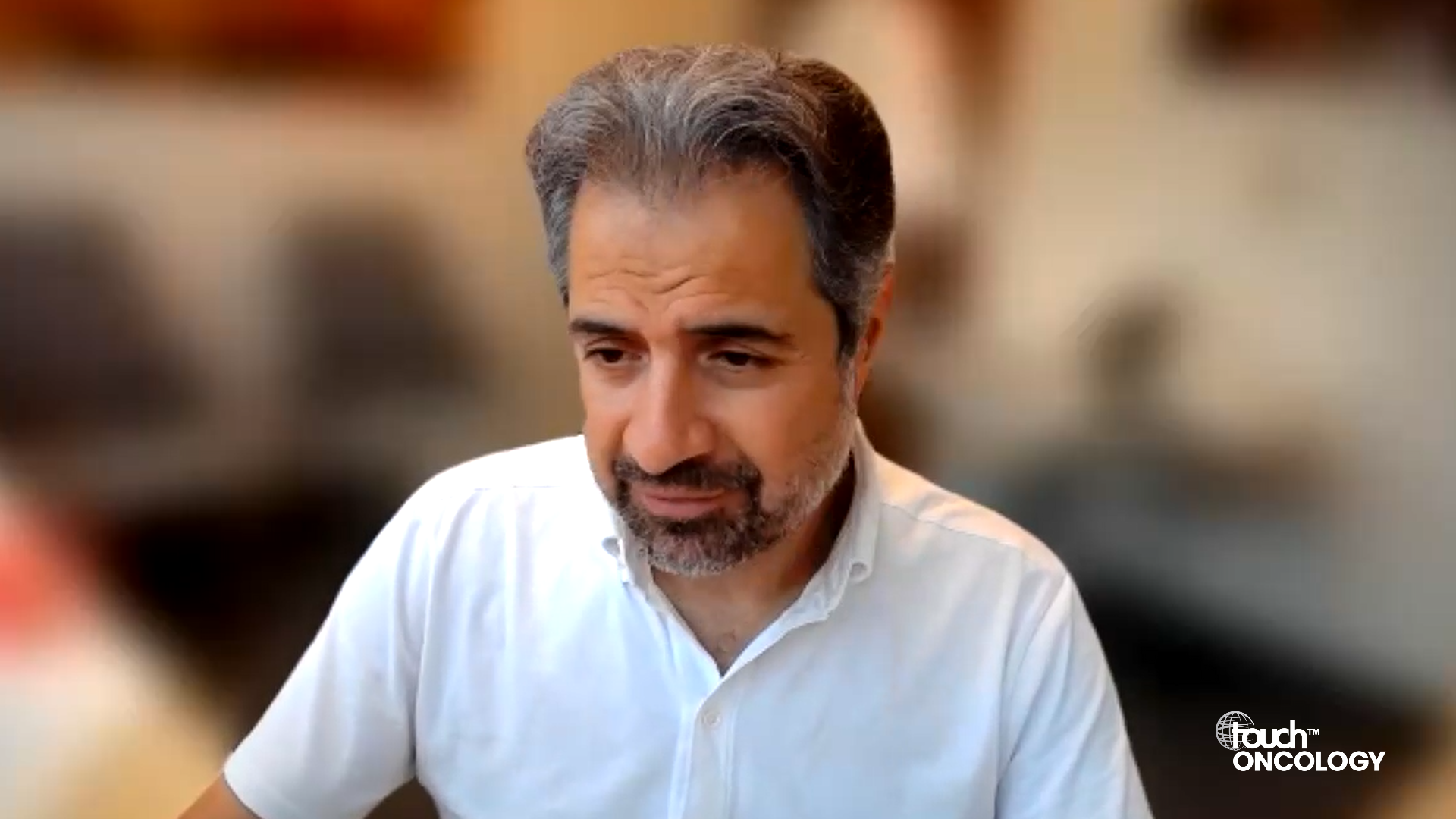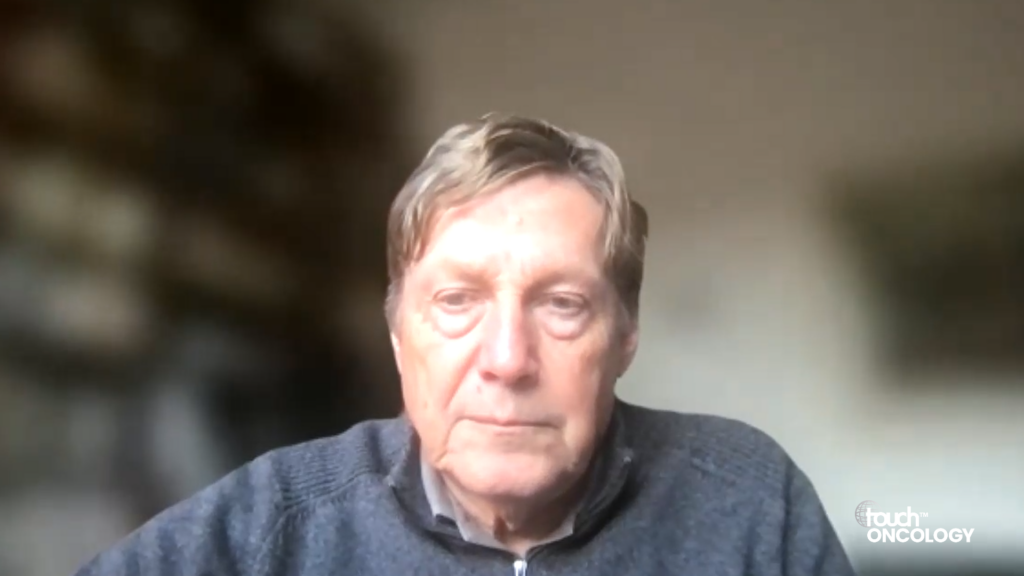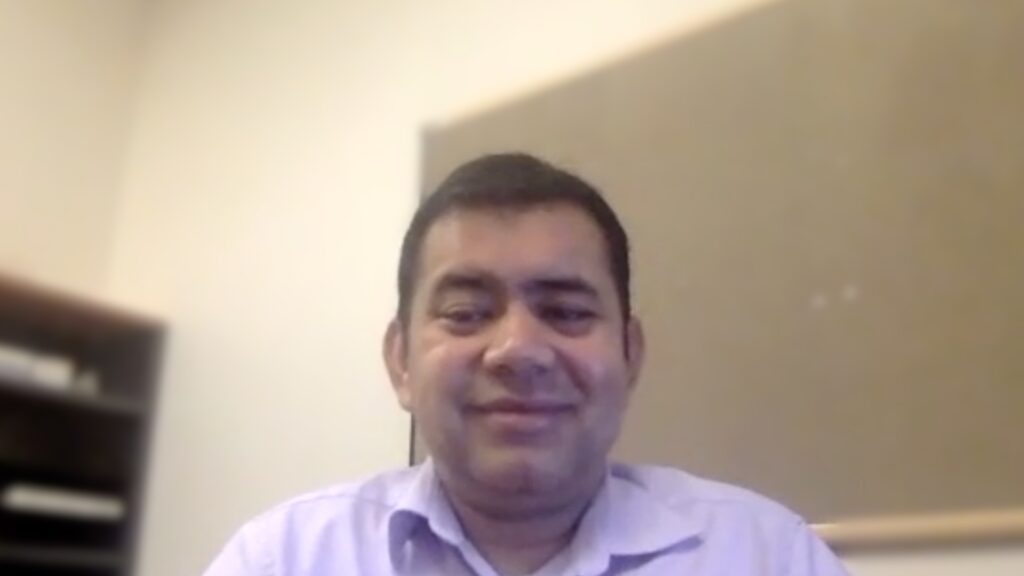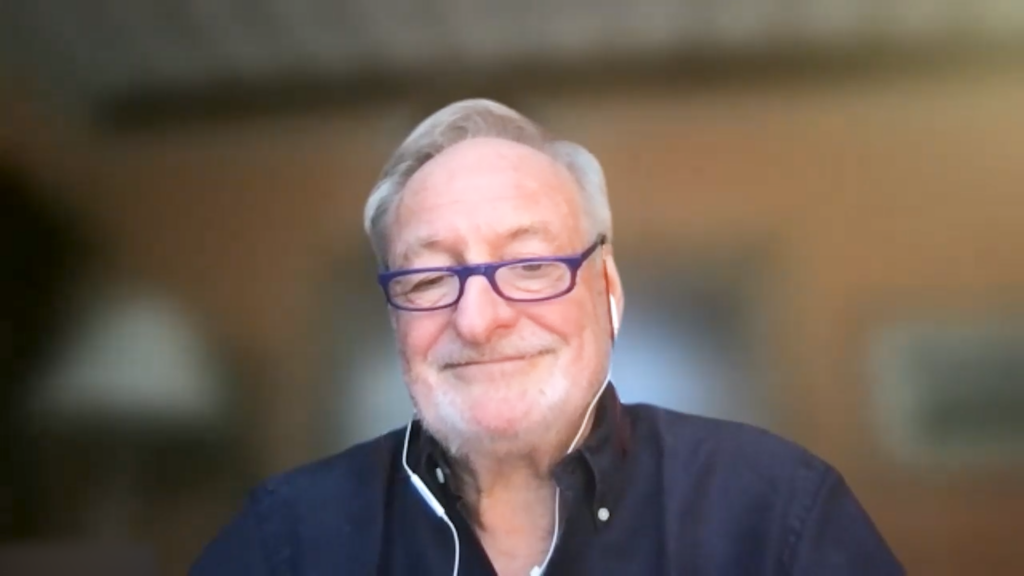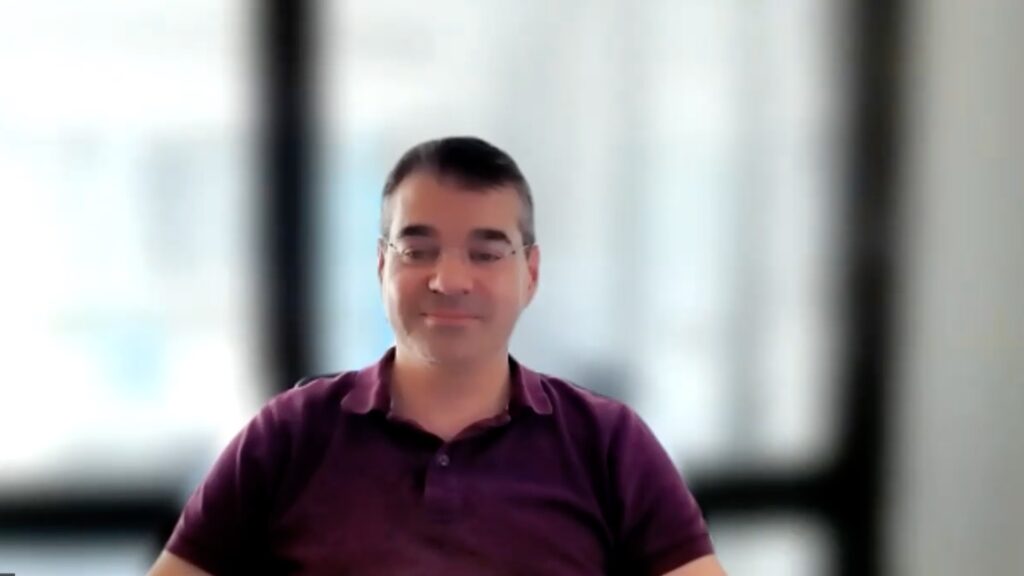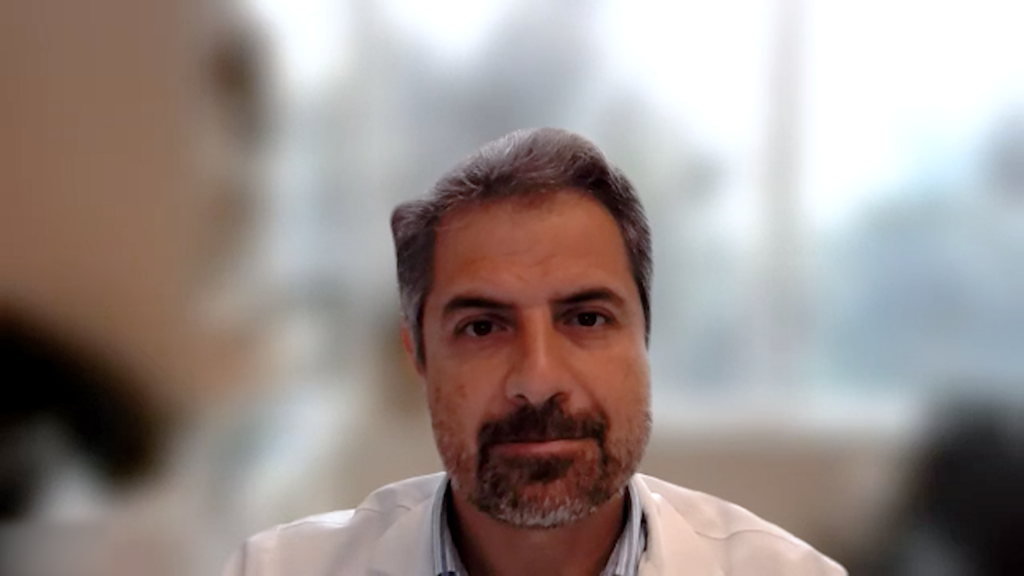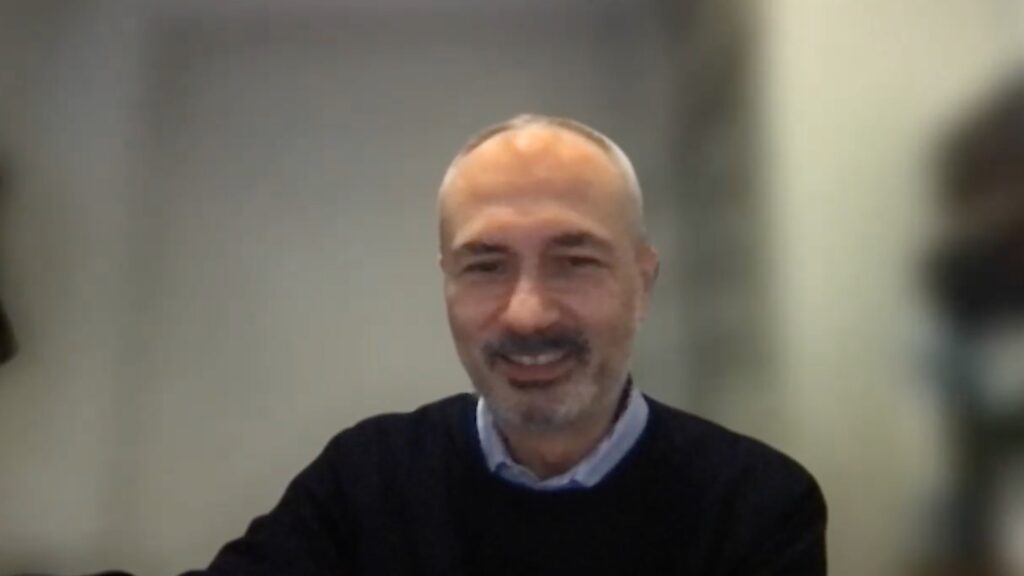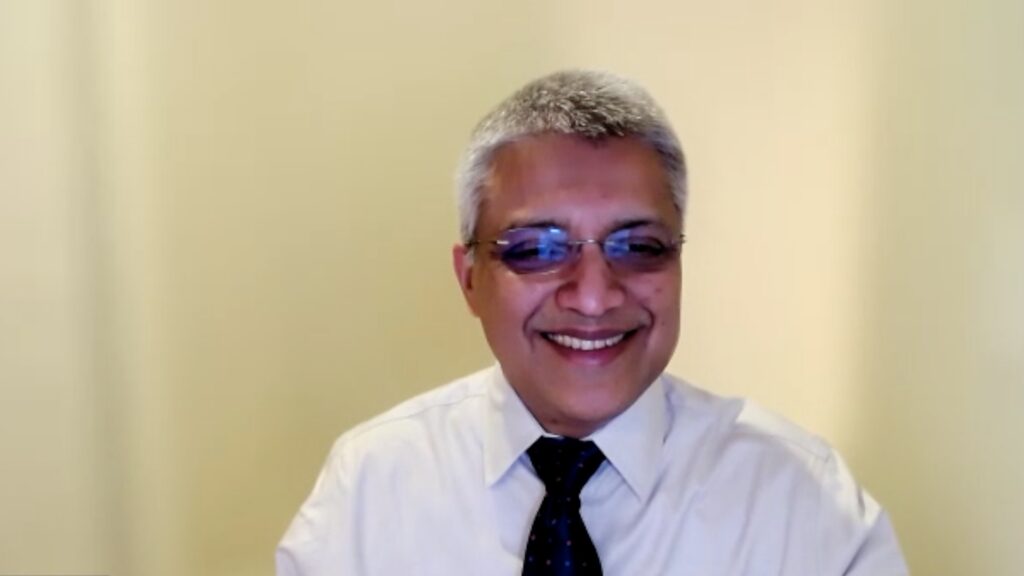In this interview, filmed at ASH 2018, Dr Robin Foà talks to touchONCOLOGY about recent developments in the treatment of haematological malignancies, namely the identification of new genetic abnormalities, the increase in chemotherapy-free treatments, and the use of molecular technologies to monitor minimal residual disease. 2018 has been an important year for immune therapies; checkpoint inhibitors have played an important role, and chimeric antigen receptor (CAR) T-cell therapy continues to develop. Looking to the future, Dr Foà suspects we will see the use of CAR T-cell therapy earlier in the disease course, and a reduction in the number of allogeneic stem cell transplant procedures. In terms of chronic lymphocytic leukaemia (CLL), we are seeing an increase in drugs that target pathways rather than genetic abnormalities, and combinations of novel agents. However, as developments continue to be made in the treatment of CLL, Dr Foà has concerns about how sustainable and accessible these drugs will be for the patients who need them.
Questions:
1. What are the major unmet needs in the treatment of haematological malignancies? (0:10)
2. Following the influx of new therapeutics and the advent of chimeric antigen receptor (CAR) T-cell therapy in hematologic malignancies, what role do you expect autologous and allogeneic stem cell transplantation to play in the future? (1:38)
3. Which new developments in haematological malignancies have excited you most in the past year? (3:54)
4. Will the management of chronic lymphocytic leukaemia change with the new data presented here at ASH 2018? (5:50)
Speaker disclosures: Robin Foà has nothing to disclose in relation to this interview.
Filmed at the 60th American Society of Hematology (ASH) 2018 Annual Meeting, San Diego, CA, US, 1–4 December 2018

